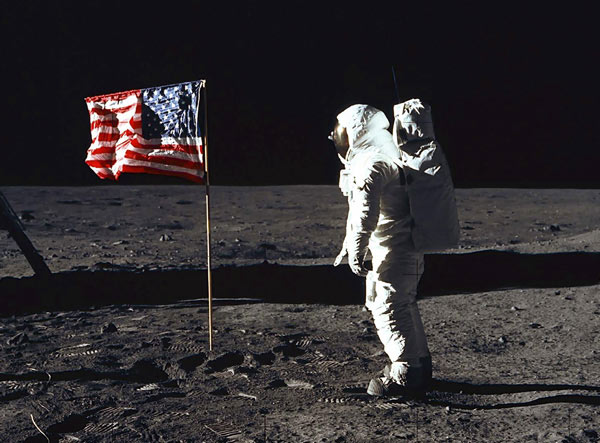… [T]he project of digitising the information held in the world’s printed books is too important to be dealt with purely as a commercial venture between rights holders and a potential supplier of services.
…. If we let Google have its settlement we will all be the poorer. Not for a while, perhaps, but one day we will need more from this new library of Alexandria than Google is willing to offer, and find that the price it demands is more than we can pay.
— Bill Thompson BBC NEWS – Keeping Google out of libraries Via Beatties Book Blog
Yes. OK, so I opted out of the Google book settlement — before the deadline, and despite, it seemed, most other local publishers e-signing on the dotted line. Many, it seemed to me, consented on the basis of ‘better the devil you know’ and, with respect, dreaming that they retained some ‘control’ that way. (Er, not so much.)
Another argument was that you should ‘opt in’ unless you intended to sue Google yourself(!) That idea, of course, is presented as unthinkable for a small publisher or author out to protect their rights. Hmpf.

Dear Google: SORRY, You can't just plant a flag and take our rights.
Well, not so fast. Having crossed swords with Google previously over the unethical use of my name, business name, authors’ names and trademarks in Google ads by an unscrupulous, um, er, ‘businessman‘, in the end, I found Google “OK” to deal with.
One certainly needs to marshal one’s argument with Google and to be persistent and well-organised, and allow them time to process the issues at stake, even push back on their initial response (hey, it’s the information age). From my experience, Google actually does pretty well on the communication score. (Do they want a million lawsuits? No.)
For me, the USA-centric aspect of the proposed book settlement deal is the eye-watering thing. “Like, Shah! It affects the whole world. OMG!” Good on the Germans for objecting to the cultural imperialism. (Ha! Ironic. Didn’t see that coming.)
Frankly, it’s instructive how the Europeans see Google’s proposed rights grab in a different light to others (just as they did the use of trademarks in Google ads). Microsoft is learning the EU has a different definition of the phrase ‘anti-competitive behaviour’ too. How’s that working out so far?
Google’s ‘global’ reach for copyrights (i.e. if it’s in a US library, guess what? Scanned, baby!) and the inertia-selling approach (i.e. if you do nothing you are deemed to have OPTED IN — which is deeply dodgy marketing, even illegal where I live) doom the proposal as far as I and my authors are concerned.
Sorry Google. Your heart might be in the right place but that seems sleazy. Unacceptable.
Bill Thompson’s piece quoted above is well worth reading, using as he does (maybe overusing, he says) the metaphor of settlers in the new frontier. No, Google, sorry. My copyright ‘land’ is NOT unoccupied. You can’t just plant a flag and claim it!
There are conventions and legal property rights which already police the use of other people’s intellectual property. Like other publishers and authors, I work with those rights. Every book or information parcel we produce is an asset and intentionally creates a future stream of income … which we do not want to see funnelled into Google’s coffers without explicit consent.
The proposed settlement is just too much like a bulldozer.
As the Duncan Bannatyne from TV’s Dragon’s Den says:
I’ll tell you where I’m at. It’s not for me, so, I’m out.
– Peter Aranyi, 4 September 2009
PS Our books are on the books.google.com lists — (even an upcoming title, complete with jacket image) … accompanied by “No preview available” — YET!!
Of course, Google makes a persuasive case for its ‘Partner’ programme … but surely, those firms have chosen to participate. Big difference.


Another quite good take on this issue:
http://www.informationweek.com/blog/main/archives/2009/09/why_i_opted_out.html
It’s about retaining control: